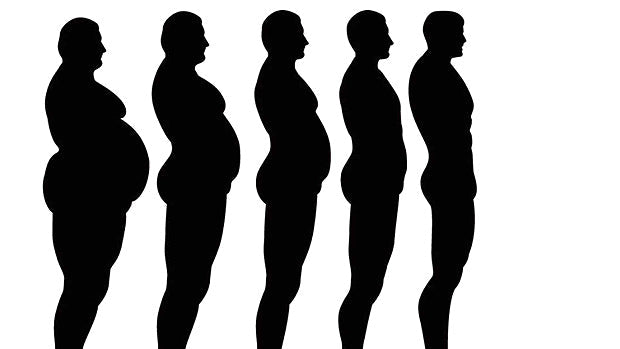
A Simple Way To Beat Belly Fat
Adjust your diet like this and you'll lose more abdominal fat and build more muscle, even if you keep calories the same.
by Chris Shugart

More Protein, Paced Correctly
Scientist Paul Arciero and his team are big fans of "protein pacing." That means eating protein 5-6 times per day, spreading the feedings out. You may have heard of something similar called protein pulsing. But basically, it's what most bodybuilders have been doing for decades: eating 5-6 meals a day, all containing whole-food protein or protein supplements.
These researchers also like what they call "multi-dimensional exercise regimens" which just means a little of everything: weights, intervals, stretching, and a bit of endurance work. The team has published several studies supporting both methods, but a couple of their more recent ones have looked into protein intake and it affects the results of your training.
The Studies
Arciero recruited 50 people (30 women and 20 men) who were already physically fit. All of them were put on a multi-dimensional exercise program and all of them practiced protein pacing. All consumed the same amount of calories for the 12-week study.
The only difference was protein intake. Half the group consumed 2 grams per kilogram of bodyweight per day. The other half consumed 1 gram per kilogram of bodyweight.
The Results
After 12 weeks, both groups were leaner, stronger, and had built muscle. But the group that got more protein had lost more abdominal and visceral fat, built more muscle, and could even bench press and leg press more. They even got better results from their flexibility training.
That's what scientists call "enhanced training-induced adaptations." Meatheads just call it "more gains, bro!"
Take-Home Points
- Even if calories are kept the same, when you eat more protein you get better results from your training.
- In these studies, even though the "high" protein group consumed less than a gram of protein per pound of bodyweight, researchers didn't rule out the idea that more would've lead to even better results. In a nutshell, the old "eat a gram per pound of bodyweight" is a pretty good place to start (as long as you're not morbidly obese of course.)
- If eating 5-6 meals per day seems daunting and inconvenient, just use a quality Protein powder between solid meals. This same group of researchers concluded in another extensive study that protein supplements and whole food protein sources were equally effective.
Repost @ Tnation
